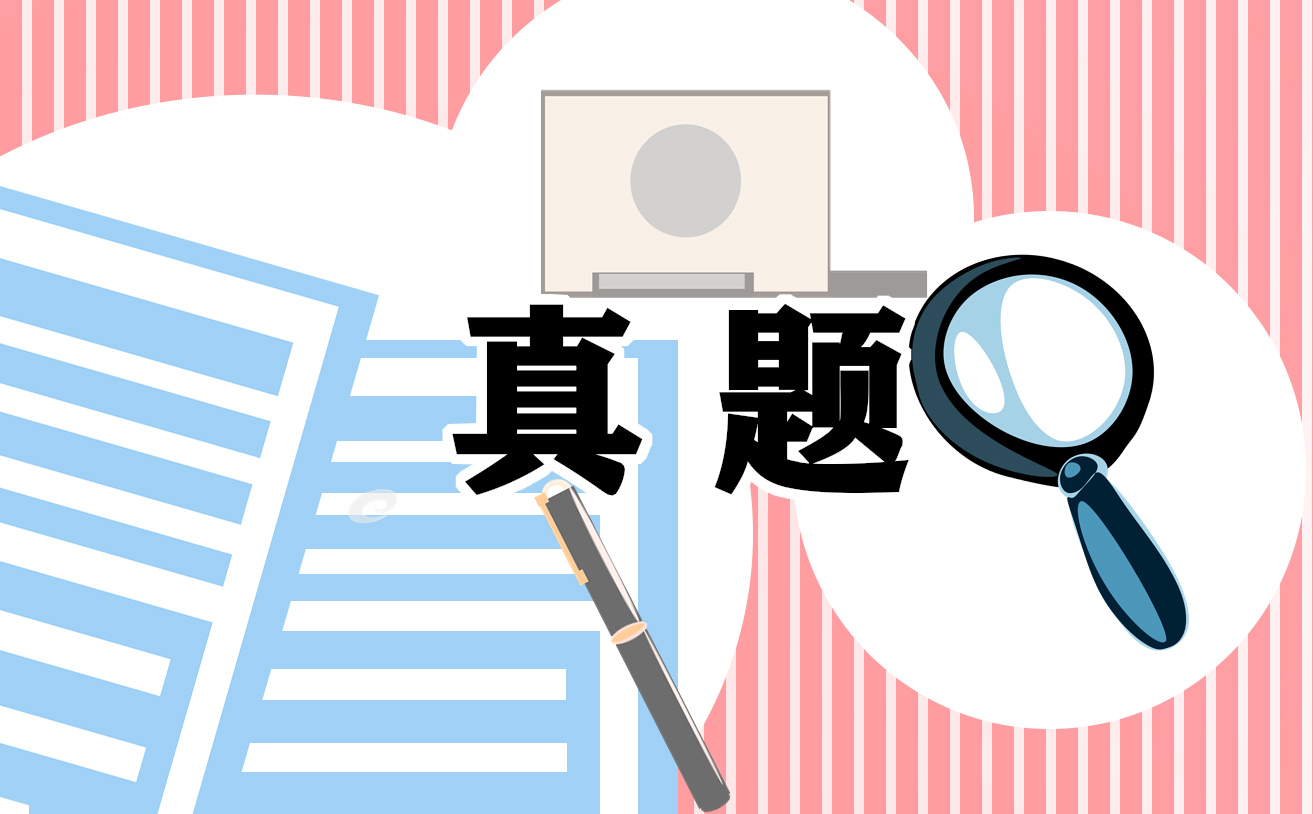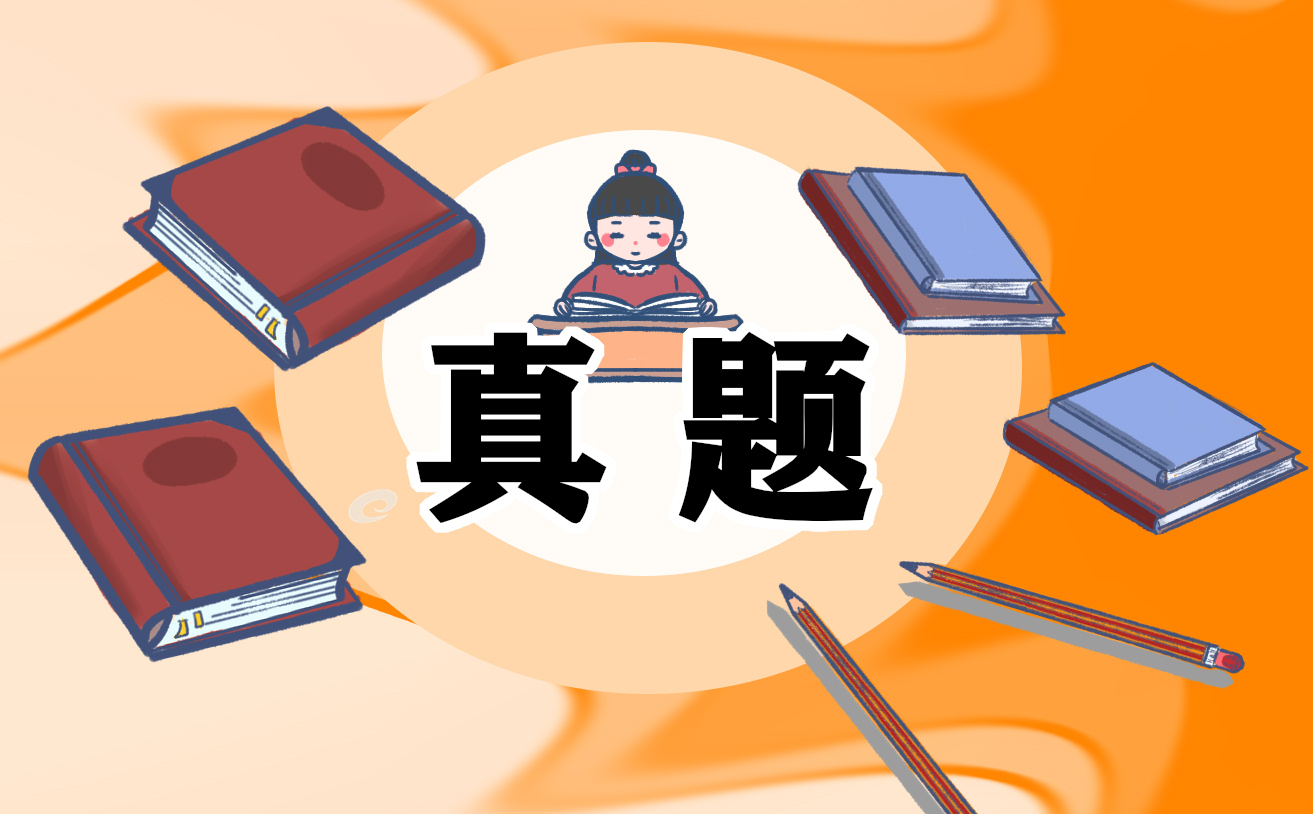語法和詞匯是閱讀的基礎,但是并不是說你語法非常好,詞匯量非常大,閱讀英文文章就沒有問題。所以我們在復習的時候要有意識地提升閱讀能力,尤其要令你的閱讀能力契合于考研英語要求。下文是小編為你精心編輯整理的考研英一閱讀真題,希望對你有所幫助,更多內容,請點擊相關欄目查看,謝謝!
考研英一閱讀真題1
Any fair-minded assessment of the dangers of the deal between Britain's National Health Service (NHS) and DeepMind must start by acknowledging that both sides mean well. DeepMind is one of the leading artificial intelligence (AI) companies in the world. The potential of this work applied to healthcare is very great, but it could also lead to further concentration of power in the tech giants. It Is against that background that the information commissioner, Elizabeth Denham, has issued her damning verdict against the Royal Free hospital trust under the NHS, which handed over to DeepMind the records of 1.6 million patients In 2015 on the basis of a vague agreement which took far too little account of the patients' rights and their expectations of privacy.
DeepMind has almost apologized. The NHS trust has mended its ways. Further arrangements- and there may be many-between the NHS and DeepMind will be carefully scrutinised to ensure that all necessary permissions have been asked of patients and all unnecessary data has been cleaned. There are lessons about informed patient consent to learn. But privacy is not the only angle in this case and not even the most important. Ms Denham chose to concentrate the blame on the NHS trust, since under existing law it “controlled” the data and DeepMind merely “processed" it. But this distinction misses the point that it is processing and aggregation, not the mere possession of bits, that gives the data value.
The great question is who should benefit from the analysis of all the data that our lives now generate. Privacy law builds on the concept of damage to an individual from identifiable knowledge about them. That misses the way the surveillance economy works. The data of an individual there gains its value only when it is compared with the data of countless millions more.
The use of privacy law to curb the tech giants in this instance feels slightly maladapted. This practice does not address the real worry. It is not enough to say that the algorithms DeepMind develops will benefit patients and save lives. What matters is that they will belong to a private monopoly which developed them using public resources. If software promises to save lives on the scale that dugs now can, big data may be expected to behave as a big pharm has done. We are still at the beginning of this revolution and small choices now may turn out to have gigantic consequences later. A long struggle will be needed to avoid a future of digital feudalism. Ms Denham's report is a welcome start.
31.Wha is true of the agreement between the NHS and DeepMind ?
[A] It caused conflicts among tech giants.
[B] It failed to pay due attention to patient’s rights.
[C] It fell short of the latter's expectations
[D] It put both sides into a dangerous situation.
32. The NHS trust responded to Denham's verdict with
[A] empty promises.
[B] tough resistance.
[C] necessary adjustments.
[D] sincere apologies.
33.The author argues in Paragraph 2 that
[A] privacy protection must be secured at all costs.
[B] leaking patients' data is worse than selling it.
[C] making profits from patients' data is illegal.
[D] the value of data comes from the processing of it
34.According to the last paragraph, the real worry arising from this deal is
[A] the vicious rivalry among big pharmas.
[B] the ineffective enforcement of privacy law.
[C] the uncontrolled use of new software.
[D] the monopoly of big data by tech giants.
35.The author's attitude toward the application of AI to healthcare is
[A] ambiguous.
[B] cautious.
[C] appreciative.
[D] contemptuous.
考研英一閱讀真題2
The journal Science is adding an extra source at Peer-review process, editor-in-chief Marcia McNott announced today. The Follows similar efforts from other journals, after widespread concern that Mistakes in data analysis are contributing to the Published research findings.
"Readers must have confidence in the conclusions published in our journal,"writes McNutt in an editorial. Working with the American Statistical Association, the Journal has appointed seven experts to a statistics board of reviewing Manuscript will be flagged up for additional scrutiny by the Journal's editors, or by its existing Board of Reviewing Editors or by outside peer The SBoRE panel will then find external statisticians to review these
Asked whether any particular papers had impelled the change, McNutt said,"The creation of the'statistics board'was motivated by concerns broadly with the application of statistics and data analysis in scientific research and is part of Science's overall drive to increase reproducibility in the research we publish."
Giovanni Parmigiani,a biostatistician at the Harvard School of Public Health, a member of the SBoRE group, says he expects the board to "play primarily on advisory role." He agreed to join because he "found the foresight behind the establishment of the SBoRE to be novel, unique and likely to have a lasting impact. This impact will not only be through the publications in Science itself, but hopefully through a larger group of publishing places that may want to model their approach after Science."
John Ioannidis, a physician who studies research methodology, says that the policy is "a most welcome step forward"and "long overdue,""Most journals are weak in statistical review,and this damages the quality of what they publish. I think that, for the majority of scientific papers nowadays, statistical review is more essential than expert review,"he says. But he noted that biomedical journals such as Annals of Internal Medicine, the Journal of the American Medical Association and The Lancet pay strong attention to statistical review.
Professional scientists are expected to know how to analyze data, but statistical errors are alarmingly common in published research,according to David Vaux,a cell biologist. Researchers should improve their standards, he wrote in 2012,but journals should also take a tougher line,"engaging reviewers who are statistically literate and editors who can verify the process."Vaux says that Science's idea to pass some papers to statisticians "has some merit,but a weakness is that it relies on the board of reviewing editors to identify'the papers that need scrutiny'in the first place."
31. It can be learned from Paragraph I that
[A] Science intends to simplify its peer-review process.
[B]journals are strengthening their statistical checks.
[C]few journals are blamed for mistakes in data analysis.
[D]lack of data analysis is common in research projects.
32. The phrase "flagged up "(Para.2)is the closest in meaning to
[A]found.
[B]revised.
[C]marked
[D]stored
33. Giovanni Parmigiani believes that the establishment of the SBoRE may
[A]pose a threat to all its peers
[B]meet with strong opposition
[C]increase Science's circulation.
[D]set an example for other journals
34. David Vaux holds that what Science is doing now
A. adds to researchers' worklosd.
B. diminishes the role of reviewers.
C. has room for further improvement.
D. is to fail in the foreseeable future.
35. Which of the following is the best title of the text?
A. Science Joins Push to Screen Statistics in Papers
B. Professional Statisticians Deserve More Respect
C. Data Analysis Finds Its Way onto Editors' Desks
D. Statisticians Are Coming Back with Science
考研英一閱讀真題3
Now utopia has grown unfashionable, as we have gained a deeper appreciation of the range of threats facing us, from asteroid strike to pandemic flu to climate change. You might even be tempted to assume that humanity has little future to look forward to.
But such gloominess is misplaced. The fossil record shows that many species have endured for millions of years - so why shouldn't we? Take a broader look at our species' place in the universe, and it becomes clear that we have an excellent chance of surviving for tens, if not hundreds, of thousands of years (see "100,000 AD: Living in the deep future"). Look up Homo sapiens in the IUCN's "Red List" of threatened species, and you will read: "Listed as Least Concern as the species is very widely distributed, adaptable, currently increasing, and there are no major threats resulting in an overall population decline."
So what does our deep future hold? A growing number of researchers and organisations are now thinking seriously about that question. For example, the Long Now Foundation, based in San Francisco, has created a forum where thinkers and scientists are invited to project the implications of their ideas over very long timescales. Its flagship project is a mechanical clock, buried deep inside a mountain in Texas, that is designed to still be marking time thousands of years hence.
Then there are scientists who are giving serious consideration to the idea that we should recognise a new geological era: the Anthropocene. They, too, are pulling the camera right back and asking what humanity's impact will be on the planet - in the context of stratigraphic time.
Perhaps perversely, it may be easier to think about such lengthy timescales than about the more immediate future. The potential evolution of today's technology, and its social consequences, is dazzlingly complicated, and it's perhaps best left to science-fiction writers and futurologists to explore the many possibilities we can envisage. That's one reason why we have launched Arc, a new publication dedicated to the near future.
But take a longer view and there is a surprising amount that we can say with considerable assurance. As so often, the past holds the key to the future: we have now identified enough of the long-term patterns shaping the history of the planet, and our species, to make evidence-based forecasts about the situations in which our descendants will find themselves.
This long perspective makes the pessimistic view of our prospects seem more likely to be a passing fad. To be sure, the future is not all rosy: while our species may flourish, a great many individuals may not. But we are now knowledgeable enough to mitigate many of the risks that threatened the existence of earlier humans, and to improve the lot of those to come. Thinking about our place in deep time is a good way to focus on the challenges that confront us today, and to make a future worth living in.
31. Our vision of the future used to be inspired by
[A] our desire for ares of fulfillment
[B] our faith in science and teched
[C] our awareness of potential risks
[D] our bdief in equal opportunity
32. The IUCN“Rod List”suggest that human beings on
[A] a sustained species
[B] the word’s deminant power
[C] a threat to the environment
[D] a misplaced race
33. Which of the following is true according to Paragraph 5?
[A] Arc helps limit the scope of futurological studies.
[B] Technology offers solutions to social problem.
[C] The interest in science fiction is on the rise.
[D] Our Immediate future is hard to conceive.
34. To ensure the future of mankind, it is crucial to
[A] explore our planet’s abundant resources.
[B] adopt an optimistic view of the world.
[C] draw on our experience from the past.
[D] curb our ambition to reshape history.
35. Which of the following would be the best title for the text?
[A] Uncertainty about Our Future
[B] Evolution of the Human Species
[C] The Ever-bright Prospects of Mankind.
[D] Science, Technology and Humanity.
上一篇:考研英文二級閱讀理解真題
下一篇:考研英一真題閱讀理解




